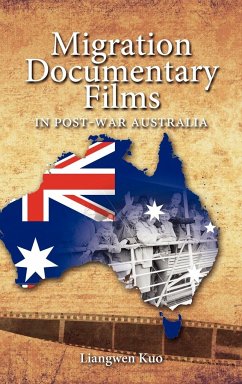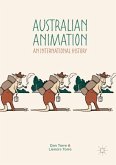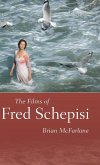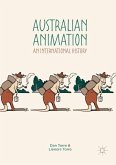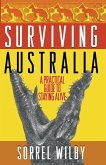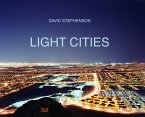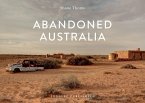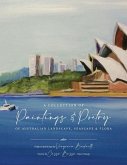Migration documentary films played an important role in promoting Australian images to the outside world. Many films were made in this period to fulfill the function of migrant-recruiting and nation-building objectives. In these films, Australia was presented as a progressive and liberal nation seeking to establish her identities. The slogan "Australia for the White Man" prevailed over the entire period from 1908 to 1961. It was not until 1972 that The White Australia Policy was officially abolished. The historical meanings of these transformations are definitely worth exploring. The relationships among immigration policies, documentary films and the construction of national identities become valuable subjects for examination. This innovative book is the first in the field that comes with a systematic and comprehensive study of migration documentary films in post-war Australia. In the analysis of the sixty-seven films, this book reveals that the project for recruiting migrants to settle in Australia was not a simple matter of overseas campaigns. The terrain for media publicity was never just the emigrant countries and the target audience were both foreigners and local Australians. These migration documentary films are actually propaganda films in nature. However, visual images, narratives, and myths represented in these films were important in the self-depiction of Australian and in the formative discourse of national identity. This book shows how absences and under-representations of film images are important to examine in order to fully understand the particular, utopian visions of the post-war period. This book argues that open-door policies, coastal images, and modernization narratives gradually became a new "maritime myth" in the quest of a redefined Australian identity, and "new Australians", the post-war immigrants, became battlers, echoing the "bush legend" existing in the Australian narrative. Themes of modernization, industrialization, Anglo-centric identity, "the Australian way of life" itself, political freedom, and democracy of the overall films were stressed.
Hinweis: Dieser Artikel kann nur an eine deutsche Lieferadresse ausgeliefert werden.
Hinweis: Dieser Artikel kann nur an eine deutsche Lieferadresse ausgeliefert werden.

